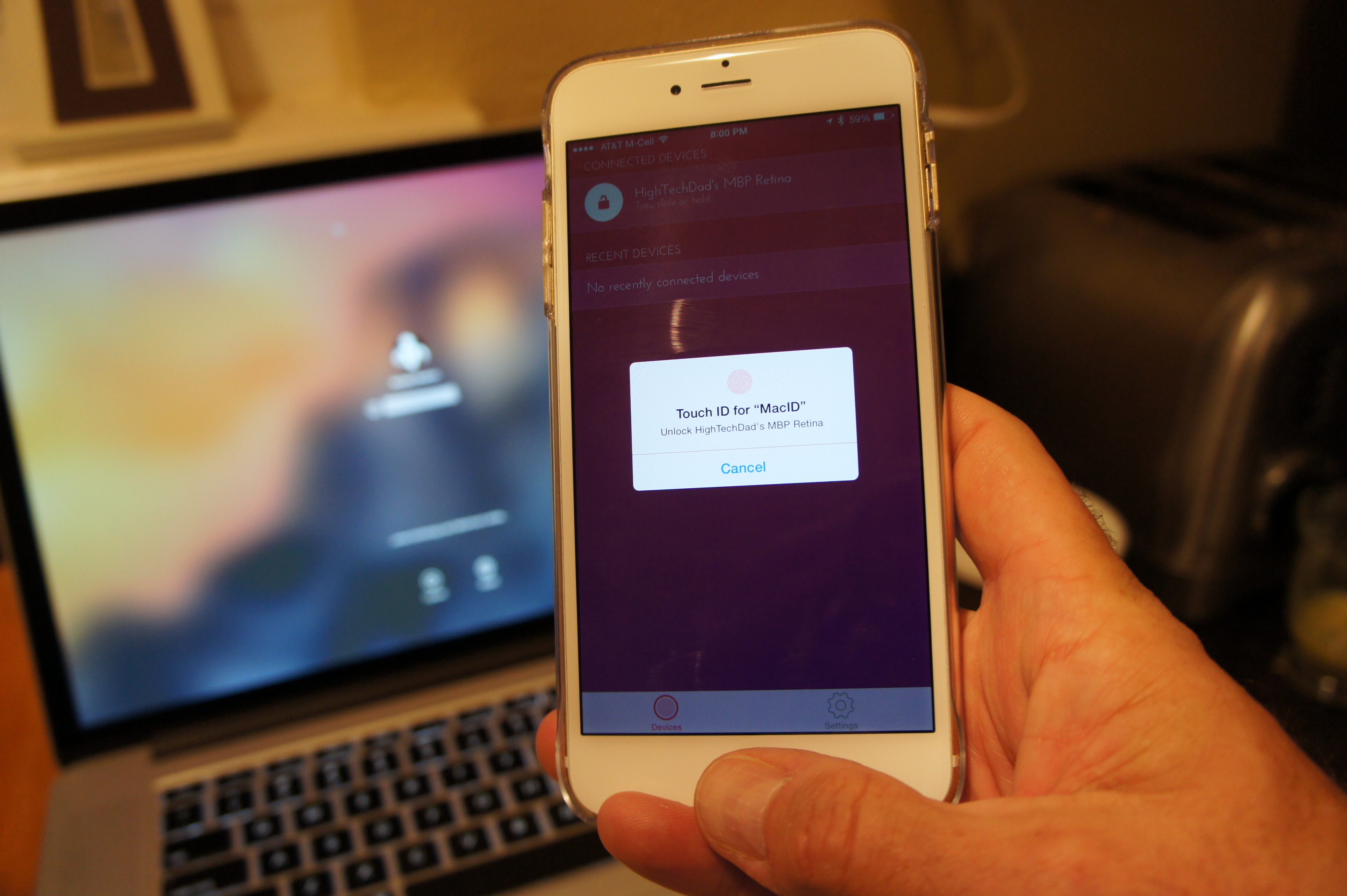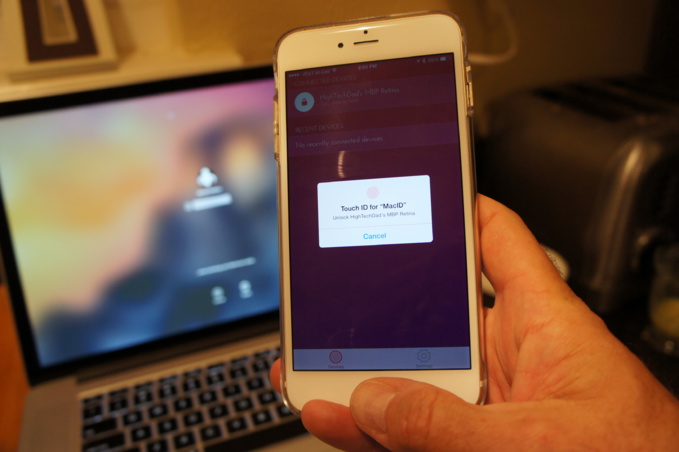Authorities in four states - Georgia, Arizona, Oklahoma and Kentucky - have signed contracts with Apple to implement a digital ID card plan - the Apple digital ID program - on the iPhone. State authorities will foot the bill for implementing this single-platform program even if taxpayers don't have iPhones, CNBC has learned from the contracts already signed. Connecticut, Iowa, Maryland and Utah could start operating the system next.
Georgia and Arizona will be the first states to offer to put driver's licences on the app before they launch their programmes. CNBC has not considered agreements for Connecticut, Iowa, Maryland and Utah, which have signed up for the programme. Under the contracts, Apple gets "sole discretion" over much of it. This includes device compatibility, the service's launch date, states' marketing campaigns, and how states report on results.
The states will have to "ensure presence of enough resurces and staff" to back the launch of the system "within a time frame to be defined by Apple". In particular, manpower and resources will be allocated to testing the service on different types of devices "based on Apple's certification requirements". The states are also contractually responsible for promoting the digital ID service and encouraging its adoption among members of the state and federal governments, including local police and the IRS. State agencies are required to "include the programme in all public communications relating to digital identity". Apple has made states responsible for the authenticity of the identity verification and has absolved themselves of the blame for any discrepancies in the verification system.
Participating states will have to fund its implementation regardless of whether or not taxpayers have iPhones, at whose expense the funds are allocated. Users are expected to transfer sensitive documents to their iPhones, essentially tying their identity to a single device. In June, Apple announced that its users would soon be able to store government identification cards in the iPhone wallet app, billing this feature as a more secure and convenient way for customers to provide credentials. This feature, combined with Apple's biometric security measures such as Face ID, could reduce the risk of fraud.
source: cnbc.com
Georgia and Arizona will be the first states to offer to put driver's licences on the app before they launch their programmes. CNBC has not considered agreements for Connecticut, Iowa, Maryland and Utah, which have signed up for the programme. Under the contracts, Apple gets "sole discretion" over much of it. This includes device compatibility, the service's launch date, states' marketing campaigns, and how states report on results.
The states will have to "ensure presence of enough resurces and staff" to back the launch of the system "within a time frame to be defined by Apple". In particular, manpower and resources will be allocated to testing the service on different types of devices "based on Apple's certification requirements". The states are also contractually responsible for promoting the digital ID service and encouraging its adoption among members of the state and federal governments, including local police and the IRS. State agencies are required to "include the programme in all public communications relating to digital identity". Apple has made states responsible for the authenticity of the identity verification and has absolved themselves of the blame for any discrepancies in the verification system.
Participating states will have to fund its implementation regardless of whether or not taxpayers have iPhones, at whose expense the funds are allocated. Users are expected to transfer sensitive documents to their iPhones, essentially tying their identity to a single device. In June, Apple announced that its users would soon be able to store government identification cards in the iPhone wallet app, billing this feature as a more secure and convenient way for customers to provide credentials. This feature, combined with Apple's biometric security measures such as Face ID, could reduce the risk of fraud.
source: cnbc.com



















